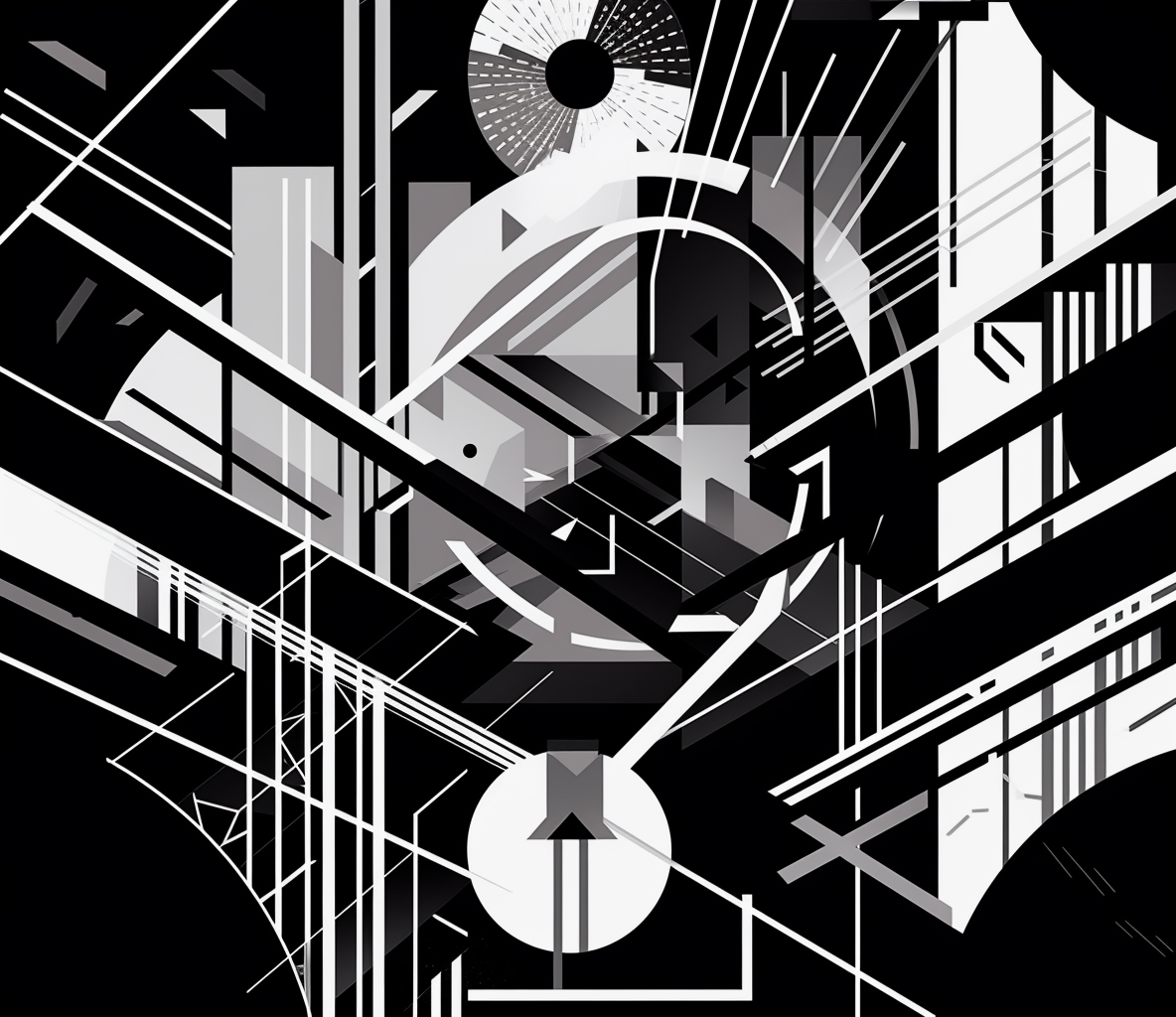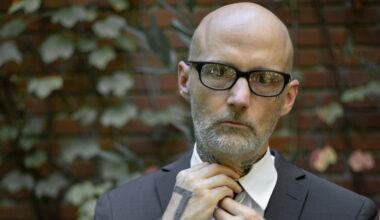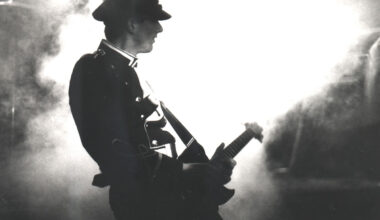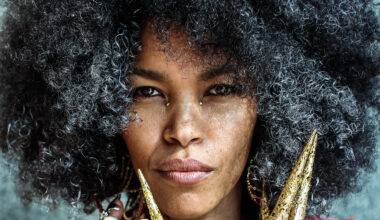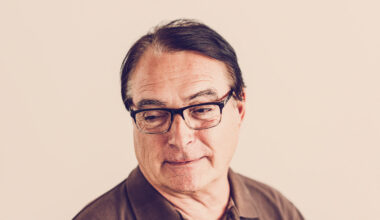What will the world be like at the end of this century? What about in the year 3000? What will music sound like in the next millennium? We assembled a panel of artists from across the electronic spectrum to give us their thoughts on what the future might hold
Want to read more?
Sign up to Electronic Sound Premium to gain access to every post, video, special offers, and more. 100%, all you can eat, no commitment, cancel any time.
Already a premium member? Log in here
